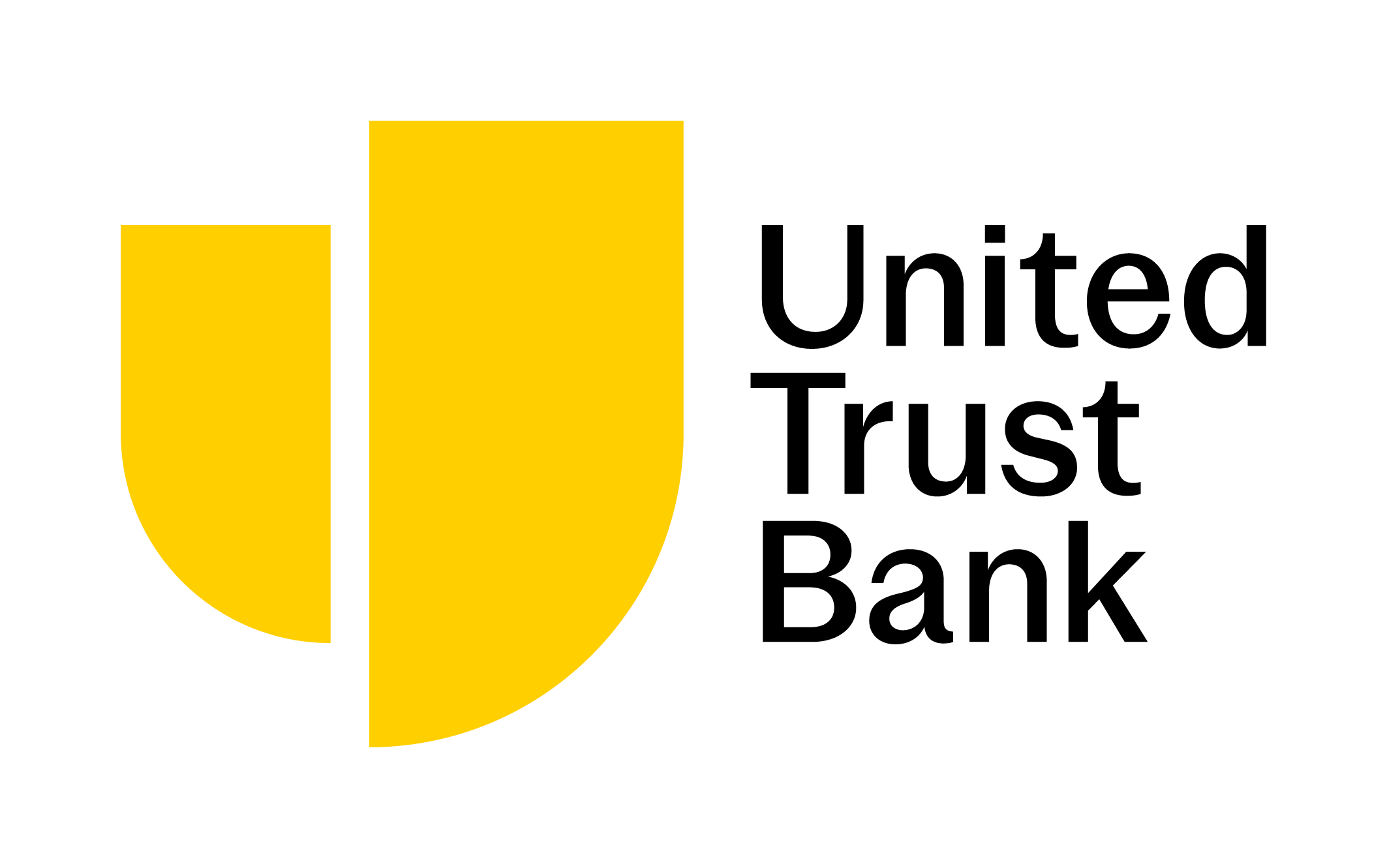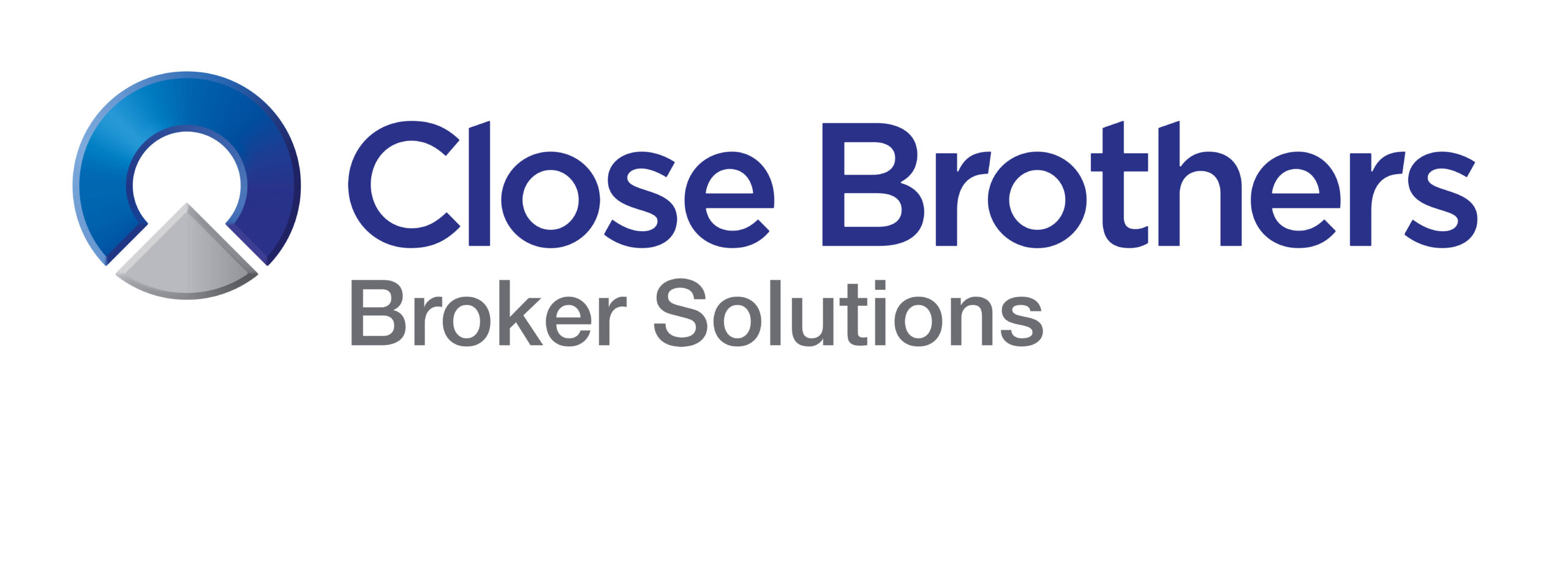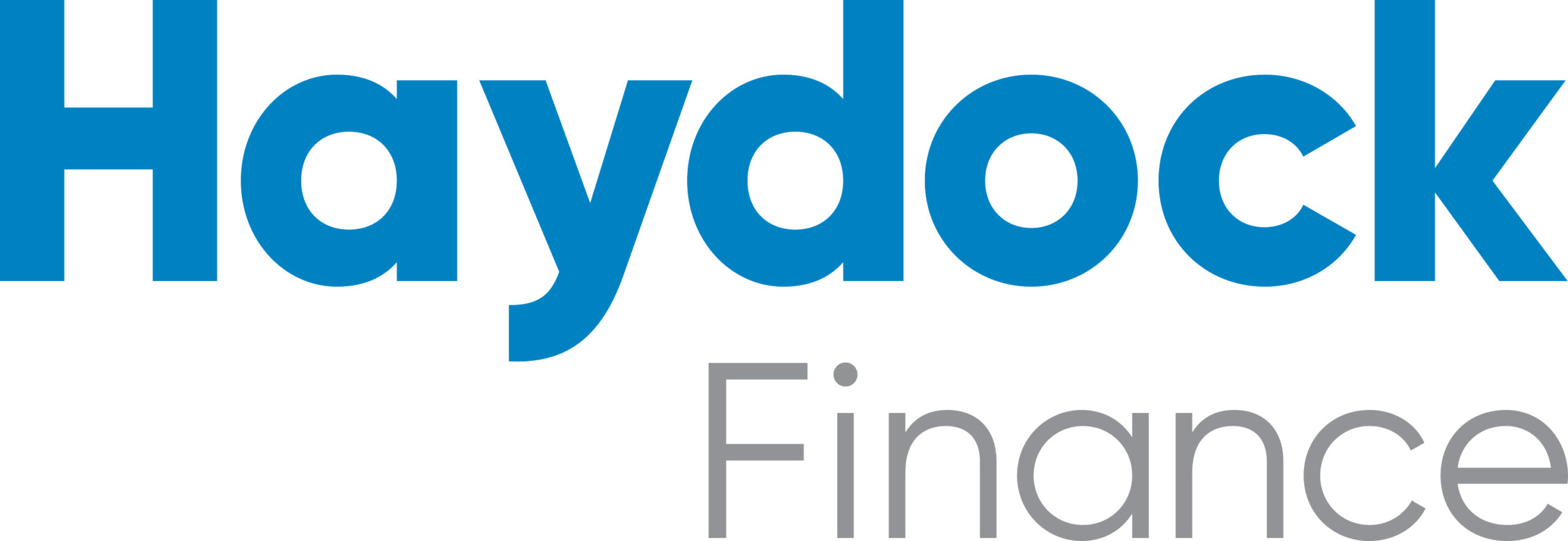Comparing Finance Options
We want to help you understand the different finance agreements available through Evogo Asset Finance so you can make an informed decision.
This guide provides an overview of the features, benefits, and pros and cons of each finance option. We'll also explain the difference between regulated and unregulated agreements.
This information is for your understanding only. It's designed to help you determine which product best suits your needs, but it is not financial advice. Before you sign any agreement, the lender will provide a detailed explanation of the product you have chosen.
| Feature | Hire Purchase | PCP | Lease Purchase | HP with Balloon | Finance Lease | Lease | Variable Rate | Refinance | Equity Release |
|---|---|---|---|---|---|---|---|---|---|
| Aimed at private individuals | |||||||||
| Aimed at businesses | |||||||||
| Own goods at end of term | Varies | Varies | |||||||
| Lower monthly payments (compared to HP) | |||||||||
| Fixed monthly payments | Varies | ||||||||
| Balloon payment | Varies | Varies | Varies | ||||||
| Mileage restrictions | |||||||||
| Option to return goods | |||||||||
| Access to cash from existing goods | |||||||||
| Interest rate can change | |||||||||
| Requires professional advice |
This table provides a quick and easy way to compare different financing options, helping you find the one that best suits your needs, whether you're an individual or a business.
Keep in mind that the exact features and benefits can vary between different funders. Always check the specific details provided by your chosen funder before you sign any agreement.
| Feature/Aspect | Regulated Agreements | Unregulated Agreements | Nuances & Considerations |
|---|---|---|---|
| Primary Legislation | Specific statutes (e.g., Consumer Credit Act 1974/2006 in UK, TILA/FCRA in US) | General contract law, common law, industry-specific codes (if any) | Jurisdiction matters significantly. What's regulated in one country may not be in another. Even within a country, specific types of agreements (e.g., mortgages vs. small personal loans) fall under different regulatory bodies. |
| Scope of Application | Typically applies to consumer lending, mortgages, hire purchase, certain leases, credit cards. | Broad; applies to most commercial contracts, private loans between individuals, certain business-to-business agreements. | The "consumer" definition is key for regulated agreements; it often excludes businesses or high-net-worth individuals. Agreements can be partially regulated if they contain elements that fall under both categories. |
| Consumer Protection | High; includes rights to withdraw, cooling-off periods, fair treatment, clear information, dispute resolution schemes (e.g., Ombudsman). | Limited to general contract principles; "buyer beware" often applies more strongly. Protection relies on common law concepts like misrepresentation or duress. | Even in unregulated agreements, consumer protection laws can apply if there's a significant imbalance of power or deceptive practices, but enforcement is usually through general courts, not specific regulatory bodies. |
| Information Disclosure | Mandatory, detailed disclosures of terms, interest rates (APR), fees, repayment schedules, charges for late payment. Standardised formats. | No mandatory standardised disclosures; information provided depends on the parties' agreement. | While not legally mandated, good commercial practice for unregulated agreements often involves clear terms to avoid disputes. Industry best practices can dictate certain disclosures. |
| Affordability Checks | Often mandatory for lenders to assess borrower's ability to repay before granting credit. | Generally not required, though prudent lenders/parties may conduct their own due diligence. | The absence of mandatory affordability checks in unregulated agreements can lead to higher risk for both parties if the borrower is unable to repay. Reputational risk can also play a role. |
| Dispute Resolution | Often involves specific ombudsman services (e.g., Financial Ombudsman Service in UK), regulatory bodies, or tribunals, designed to be less formal and costly. | Primarily through civil courts; arbitration or mediation if agreed upon by the parties. | The availability of a specialist ombudsman provides a more accessible and often quicker route for consumers in regulated agreements. Court processes for unregulated agreements can be lengthy and expensive. |
| Penalties for Non-Compliance | Significant; includes fines, sanctions, unenforceability of the agreement, reputational damage, loss of license. | Breach of contract leads to civil remedies (damages, specific performance). Regulatory fines are generally not applicable unless other laws (e.g., competition law) are broken. | For regulated agreements, non-compliance can have severe consequences for the lender/provider. For unregulated agreements, the focus is on the enforceability of the contract and remedies between the parties. |
| Form & Content Requirements | Prescribed forms, font sizes, specific wording may be legally required to ensure clarity and fairness. | No prescribed forms; can be written, oral, or implied, though written is advisable for clarity. | Even if unregulated, a poorly drafted agreement can be unenforceable or lead to disputes. Best practice dictates clear, unambiguous language. |
| Example Scenarios | A personal loan from a bank, a mortgage from a building society, a car on hire purchase. | A loan between two friends, a business-to-business supply contract, a private sale of goods between individuals. | Some agreements may have both regulated and unregulated elements, making their classification complex (e.g., a commercial loan to a small business that is also a consumer for certain aspects). |
This table compares the key differences between regulated and unregulated financial agreements, helping you understand the protections and risks associated with each. It's a useful resource for both individuals and businesses looking to learn more about consumer protection, information disclosure, and dispute resolution.
Please always review the terms and conditions and product explanations carefully before entering into any agreement.








